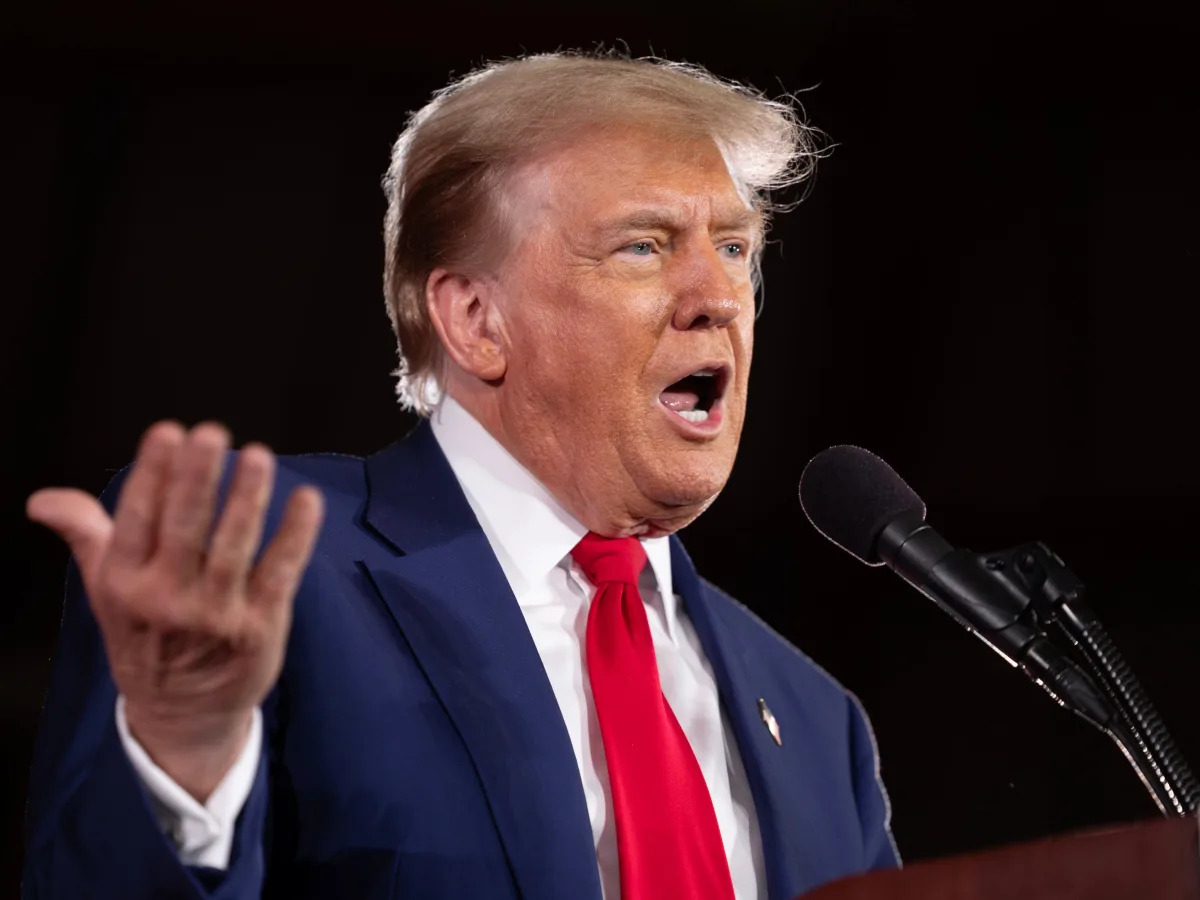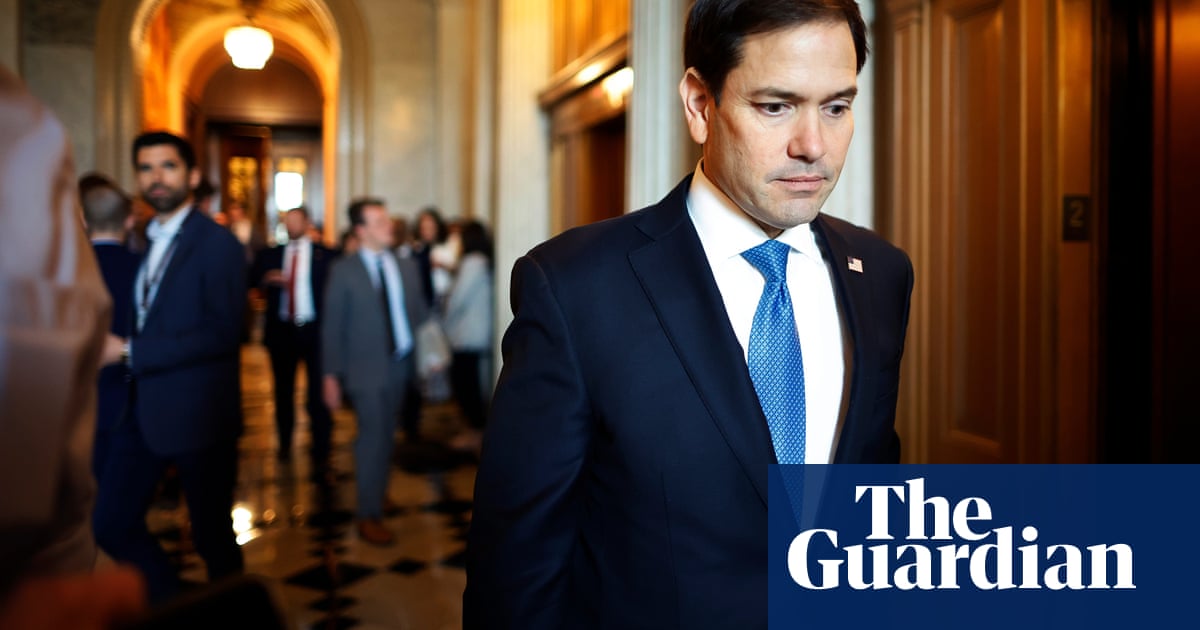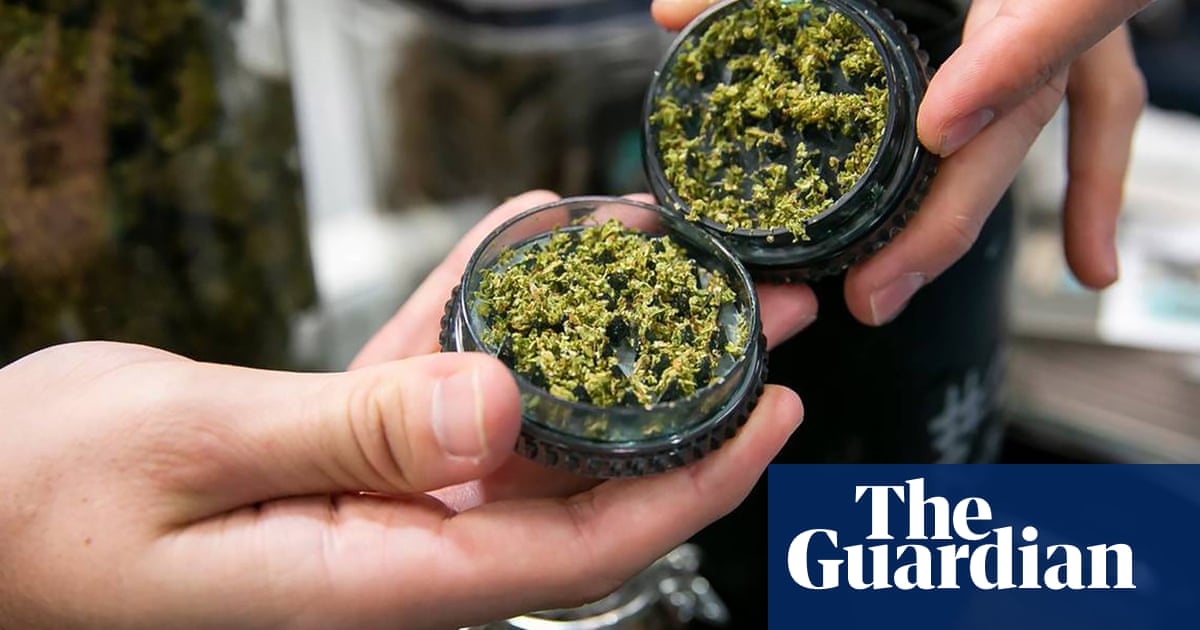Tennessee’s legislative session concluded in late April with some laws that alarm liberals, such as a bill to arm teachers and school staff. But the relatively progressive city of Nashville emerged largely unscathed by the GOP-dominated legislature.
In fact, Nashville’s legislative fortunes improved markedly this term, with approval for a massive redevelopment project, created at the behest of the mayor, Freddie O’Connell, to accompany the construction of a new stadium for the Tennessee Titans across the river from the city’s tourist-friendly downtown.
Nashville is “the San Francisco of Tennessee” in some quarters of the state’s conservative commentariat. The red-state, blue-city dynamic has grown toxic at times. State legislators have sought to chastise Nashville’s leaders – consider the temporary expulsion of state representative Justin Jones after gun protests last year – and curtail the city’s authority. Legislators have sought to wrest control from Nashville’s convention center, its sports authority and its airport authority. They redrew congressional maps to take away its Democratic congressperson.
But this year, Nashville’s new mayor has been managing this relationship with better results.
Born and raised in Nashville, O’Connell is a software developer and former member of the Nashville metropolitan council who was elected the city’s mayor in 2022.
The Guardian spoke with O’Connell during the legislative session, discussing Nashville’s occasionally fraught relationship with conservative state leaders. That conversation has been edited and condensed for clarity and length.
Do you sense hostility toward Nashville from the state government?
No! So that’s what’s interesting. This year, after sensing it strongly last year, I would say our administration and I personally have a sense of relief that the hostility toward the city has maybe subsided somewhat.
To what do you attribute this state of detente that you’re describing?
We’ve been working on it. I don’t want the city to be at war, right? We know there will be values and policy disagreements, not just between urban and rural parts of the state, but certainly among policymakers at various levels. There’s just no reason to then add to that a permanent posture of war and hostility. If we have a better relationship, these are the places where you can succeed. A lot of times that’s the fundamentals of governance: things like infrastructure and economic development. That’s where city and state succeed together most effectively. So we want to keep the door open to that.
Atlanta has had a string of mayors with widely varied relationships with the state of Georgia. The dynamic may be similar to Nashville and Tennessee: a state with a love-hate relationship with its largest city. Does that rhyme with what you’ve got going on?
I think it does, to some extent. I’ve said from the get-go that we’re going to defend the city from constitutional overreach in the places where it’s obvious. Our legal department has had a very good track record in defending us in those moments. But this goes to exactly what I’m talking about: we did not stun the state with a lawsuit over the sports authority after I took office. We picked up the phone and said, “We believe we see constitutional issues with this, and our legal department is going to file a suit.” And in that moment, we did two things at the same time: we followed our principles of no surprises and open communication, and we also followed our principles of existential right to exist.
The red state-blue city dynamic exists in a lot of southern states. New Orleans and Louisiana. Montgomery and Alabama. Look at Nashville, which was split up into three congressional districts.
That’s a big challenge for us when we don’t have a single member of Congress who lives in the city of Nashville right now.
So what does that do to Nashville?
Well, it’s a little soon to say. I guess the silver lining here is the community-level staff we’ve seen in the congressional offices has actually been fairly present and responsive. So that’s good.
But instead of having one easy place to send people for passport services or to talk about federal policy issues, you have to be a lot more mindful of … “wait a second, which district is this again?” I think we’re still waiting to see what it means in terms of the federal appropriations process. Are we going to be seeing partnerships and federal project dollars that come into the city of Nashville, versus trying to redirect those to only rural and exurban areas? We don’t know that part yet. But I think that’s a big concern.

Given that Nashville no longer has a Democratic congressperson representing its Democratic political majority, to what degree do you view yourself as a progressive leader in a state that is not politically progressive overall? Do you believe that you have a particular role to play in that regard?
I will say, I will spend my time in office trying to make progress for the people in Nashville in places we need progress most desperately. That really is in areas addressing cost of living and quality of life. We’ve seen the city grow tremendously, which on the one hand is exciting, but on the other hand is disruptive and expensive.
I would argue that it is very progressive to pursue ambitious transportation and transit. I guess it’s funny, I just learned a new phrase from a friend, who’s a former colleague on the metro council: “blue meat”. I think, maybe, there are people in our progressive ecosystem here in Nashville who would prefer that I throw out more pieces of blue meat.
But I feel like, especially in an executive role where our local government is, in fact, nonpartisan, my sense has been that we want to deliver high-quality city services. We want to make sure people have trust and confidence in local government. And that specifically lets us make the kinds of progress people need to drive down their cost of living to improve the quality of city services, to do the things that government is supposed to do.
You’re talking about the basics of governance, and not the big political conflicts like the abortion argument or gun rights or whatnot.
And here’s the thing: we need people in the partisan fray, and some people enjoy being in the partisan fray. We need to win elections to let us have an easier time defending Nashville’s interests and values. And that’s great, because the nice part is these things aren’t mutually exclusive. I’m here to be very serious about governing, and to try to create outcomes and make it easier to live in the city of Nashville, because we know a lot of people want to accomplish that goal. It’s Music City. It’s a great city. We want to keep it that way.
after newsletter promotion
I love Nashville. This conversation is a privilege for me, in part because I get to tell the mayor of Nashville that I associate Nashville with the sound of wooooh! all the time. Because the last time I visited, I became keenly aware that this was the bachelorette capital of the universe, and every five minutes, I would hear 10 women off in the distance going wooooh! In my household, we can’t refer to Nashville without one or the other of us saying wooooh!
[Mildly rankled] Well, I will say it’s not the Nashville of my youth. In some ways, I hope that that limited view is not the Nashville of our future.
I think that’s actually where we’re trying to steer the conversation of the east bank. We’d like to develop something that is not a junior version of an entertainment district, but rather something that reflects the best practices of contemporary cities. Something that if you basically get to start from scratch, does it have the principles that will attract locals?
So less wooooh! and more, you know, workspace and coffee shops and neighborhood restaurants.
Right. Places for people to stroll along the Cumberland River, and the Tennessee Performing Arts Center. Fingers crossed, it will have a beautiful new home over there. And so, yes, the Titans will be playing football over there. But also, there will be all-ages experiences and people living there, which is critically important. Deeply affordable. Long-term affordable.
There is a contingent of conservative politicians who get elected by running against big cities, saying: “I am going to keep that liberal city in check.” Does that interfere with the kind of nuts-and-bolts economic development you’re talking about?
It could. And we’ll see. I think the state through the years used to respond pretty favorably toward the principles of economic development, but I do think it has come into vogue to run against Nashville, almost as if we were Tennessee’s San Francisco. Maybe that gets you points in a rural Republican primary?
It’s a different political environment nationally. And some of that, I think, does trickle downhill to the point where the attention economy says we have to make sure there’s an other out there somewhere. Sometimes I’ve got to be available to do myth-busting and dispel things you might see on Facebook or here at a county commission meeting that just have no reference in actual reality.
Do you have a good example of that?
I’ve been called comrade by people in Williamson county and Sumner county. It’s like, hey guys: you know we actually have a socialist on the metro council and it isn’t me.
There’s a Tucker Carlson-ization of conversation around urban politics and big cities: a general attack on urban America as unsafe and corrupt. It seems off to apply that to Nashville. Do you find yourself fending off attacks like this?
I don’t know that it’s an obligation, but it’s truly out there. I mean, you can look at Sumner county commission meetings.
If you watch those meetings, they’re absolutely decrying Nashville as just this absolutely absurd … it’s like a fantasia of the most ridiculous types of political rhetoric that are out there right now. And so, I find that being personally involved, being present … There’s value in seeing each other as people.
It’s really hard to get all worked up about somebody who’s standing in front of you and is not glowing with demonic energy.
The best example is I know is the governor. We are going to disagree on many things about our ideology and political outlook. But I’ve also known him long enough to know I absolutely have a respect for him, because just as I don’t spend my idle time throwing out a tremendous amount of blue meat, he doesn’t spend a lot of his time throwing red meat in that way. He doesn’t spend a lot of time jumping up and down on Nashville. I think that’s a meaningful distinction between some of the other governors we’ve seen around the country who have made that their thing. It’s like the hobby industry of politics is just to see how mean you can be to other people.
Do you see any additional pre-emptive threats coming your way?
There were bills that entered the discourse this year. I guess the sense of relief I have as the session comes to a close is that nothing materialized there that was specifically anti-Nashville.

 German (DE)
German (DE)  English (US)
English (US)  Spanish (ES)
Spanish (ES)  French (FR)
French (FR)  Hindi (IN)
Hindi (IN)  Italian (IT)
Italian (IT)  Russian (RU)
Russian (RU)  1 week ago
1 week ago























Comments